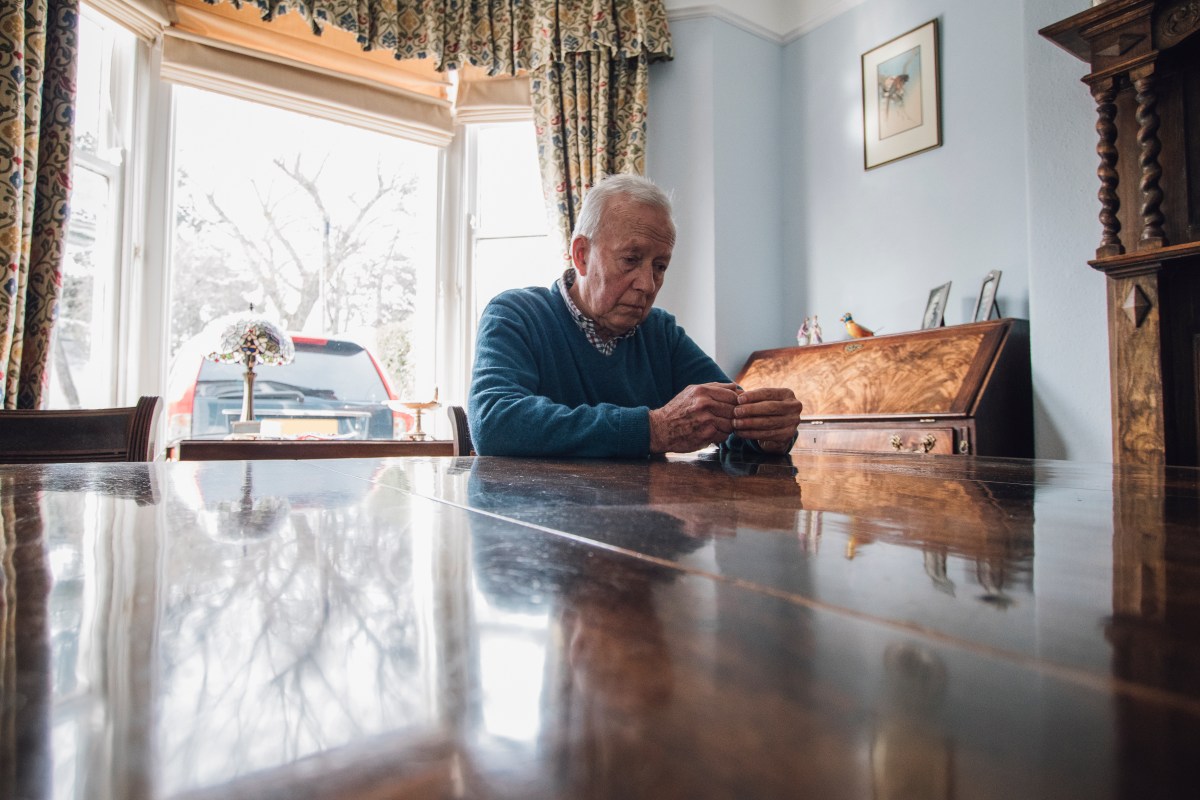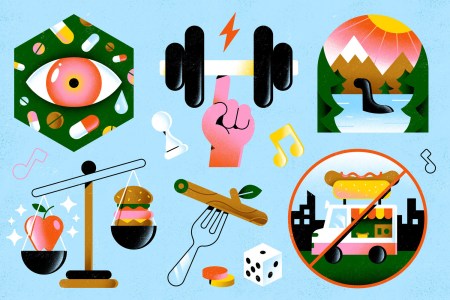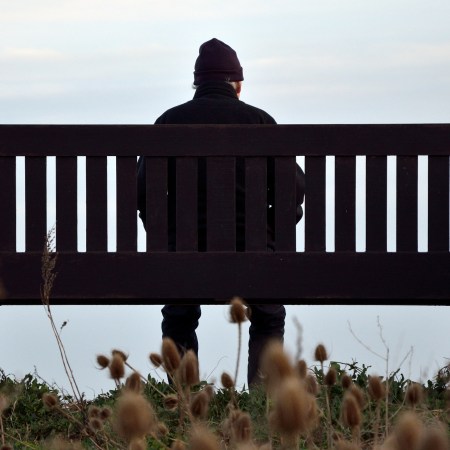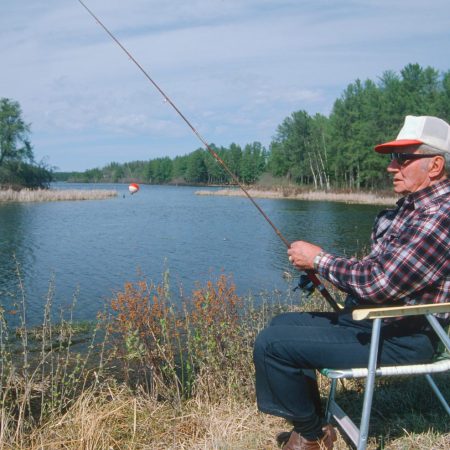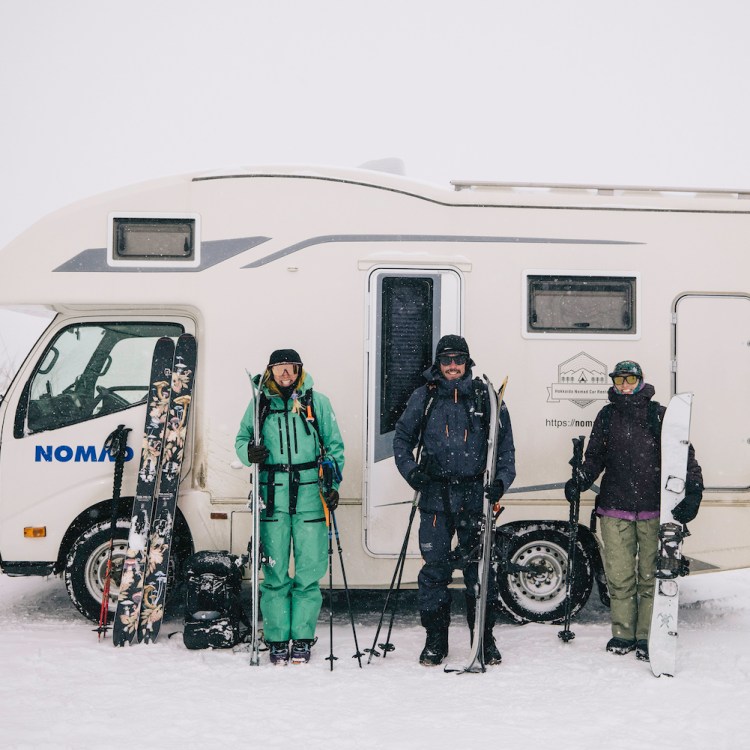There’s an old Italian saying, A tavola non s’invecchia, which translates to “At the table, one does not grow old.”
What does it mean? That a meal with friends and family can rejuvenate the soul. Sharing in bread and laughter with people who care about you is as energizing as it is elemental. It’s a necessity for human beings of any age.
It’s especially important for the oldest among us, who often don’t have the same consistent or casual access to company, and according to recent research are trending lonelier than ever. This depressing reality has a concrete impact on the health of seniors; as New York Times reporter John Leland wrote earlier this year, “The human brain, having evolved to seek safety in numbers, registers loneliness as a threat.”
The lonelier people get, the sooner they die. Loneliness can compound one’s risk of high blood pressure, heart disease and obesity, while contributing to anxiety, depression and cognitive decline.
Unfortunately, the latest demographic research suggests that loneliness is becoming increasingly institutionalized, as a collision of demographic developments have ushered in an age of “kinlessness.”
The term refers to aging adults with no close family members to rely on. There are close to a million “kinless seniors” spread across the United States with no partners, no children, no siblings. They often live alone, celebrate holidays alone and rely on appointments with doctors or encounters with cashiers to interact with other people. The pandemic hit this cohort extremely hard.
100 Ways to Live to 100: The Longevity Fitness Guide
Coastal living, board games, not eating hot dogs. It’s all in here.Why are kinless seniors, also referred to as “solo agers” or “elder orphans,” suddenly so common? “All the pathways to singlehood have grown,” as one sociologist recently told the Times. Relative to previous American generations, Baby Boomers have low marriage rates, high divorce rates, fewer children and longer lifespans.
It’s a deeply disturbing trend, and one that could explode in the next quarter-century, as Gen X assumes its senior status and even Millennials push past the age of 55. Neither generation has the divorce rate of Baby Boomers (which is so prodigious that researchers came up with the phrase “gray divorce”) but that’s partly because millions in that age group just dodge marriage entirely.
Living partnerless can be empowering for a select few. Consider: a professor living in a walkable, well-connected area, who can rely on friends for favors, or new experiences with new faces. But that sort of cinematic existence is difficult to come by. Studies indicate that partnerless people are less engaged with communities. They’re less likely to take in concerts, volunteer their time, play tennis or attend religious gatherings. Instead, they fall into a sort of plodding rhythm, which only accelerates their mental and physical decline.
They have to tackle the brunt of that decline on their own. Kinless seniors receive less weekly caregiving than their peers. That’s not to say that partners — let alone siblings who live a state or two away — are always nursing extraordinaires when their significant others are suffering. But love goes a long way. And even just having another set of eyes or ears around the house (as one’s balance starts to go, and stairs become precarious) can literally save a life.
It’s possible, as knowledge of kinlessness grows in the coming years, that younger generations will reconsider the nuclear family models they’ve regarded with skepticism for years. As for the seniors among us — those kinless, or those heading there — younger Americans would do well to mimic the Italians (who, incidentally, have more centenarians that almost any other country among their ranks) and make sure to make time for those who need it most. No one grows old at the table, yes, unless the rest of the seats are empty.
The Charge will help you move better, think clearer and stay in the game longer. Subscribe to our wellness newsletter today.
